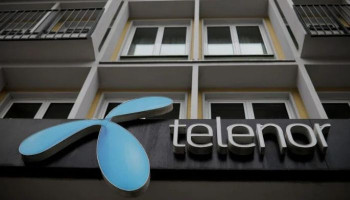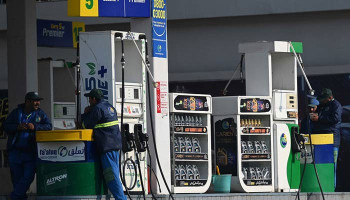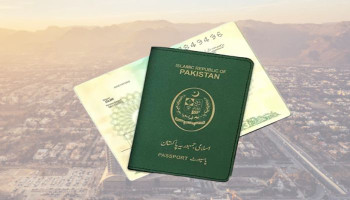
Pakistani banks have been identified as the top-performing banking stocks in the Asia-Pacific region, according to new data from S&P Global Market Intelligence.
The surge in performance was due in part to a sustained rally in Pakistan’s stock market, which has encouraged improved confidence in the financial system.
S&P Global Market Intelligence report
The report noted that The Bank of Punjab leads the list of publicly traded banks in Asia-Pacific with a market capitalisation greater than $100 million, as it delivered the best total return in any sector in the region for the third quarter.
Following closely behind was The Bank of Khyber, with an eye-opening 108.2% total return. Other Pakistani banks on the top 15 performance list include the National Bank of Pakistan, JS Bank Ltd., Askari Bank Ltd., and Habib Bank Ltd.
The rise in classified stocks for Pakistani banks came amid the KSE-100 Index—Pakistan’s main benchmark—gaining traction for the fifth month in a row.
Improved investor confidence followed the decrease in political tension and the resumption of diplomacy with the United States.
According to S&P data, the KSE-100 Index gained 11% in both July and September, reflecting increased optimism in the local market.
Elsewhere in the region, Indonesian and Vietnamese banks also posted strong results. PT Allo Bank Indonesia Tbk ranked third with an 89.2% total return, while Vietnam Prosperity Joint Stock Commercial Bank—with the largest market capitalisation among the top 15—was among Vietnam’s top performers.
However, Chinese and Indian banks struggled during the same period. Bank of Jiujiang Co. Ltd. led the region’s laggards with a negative return of 18.2%, while Indonesia’s PT Bank Nationalnobu Tbk posted the worst overall return at -31.9%.
















